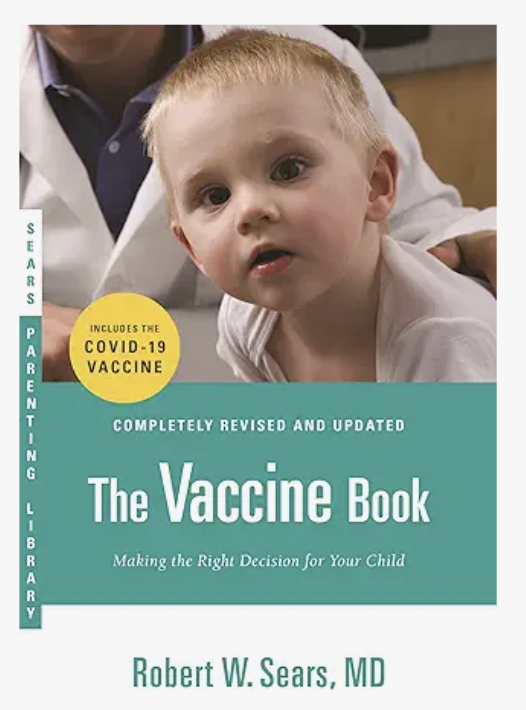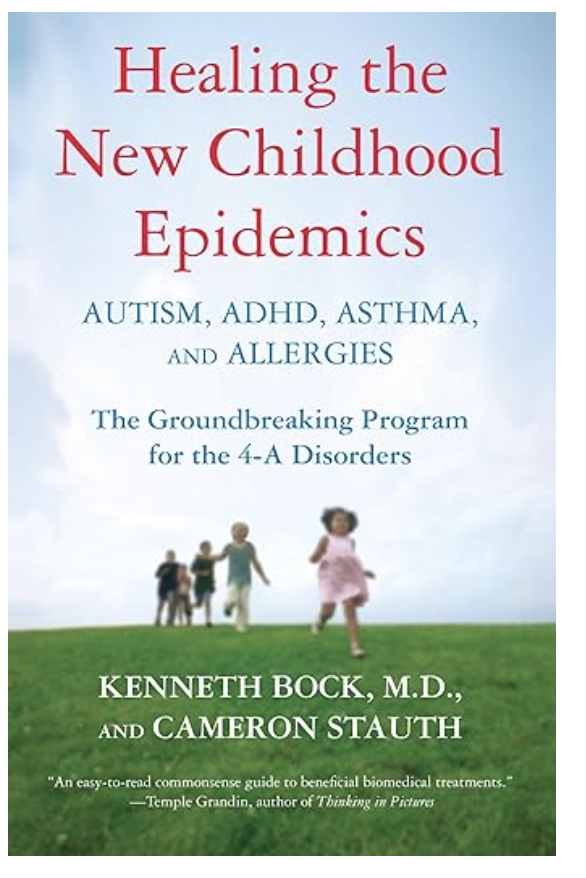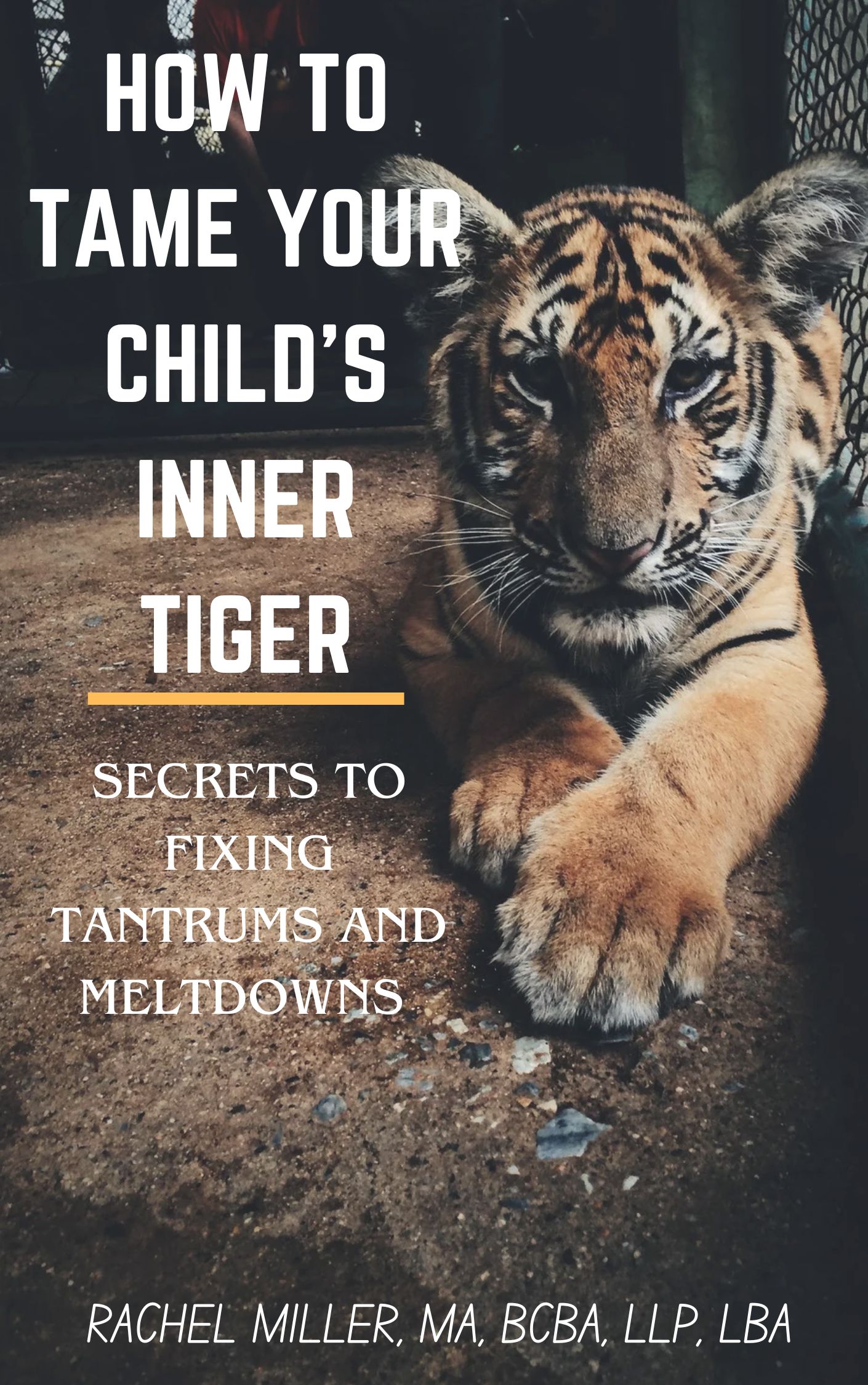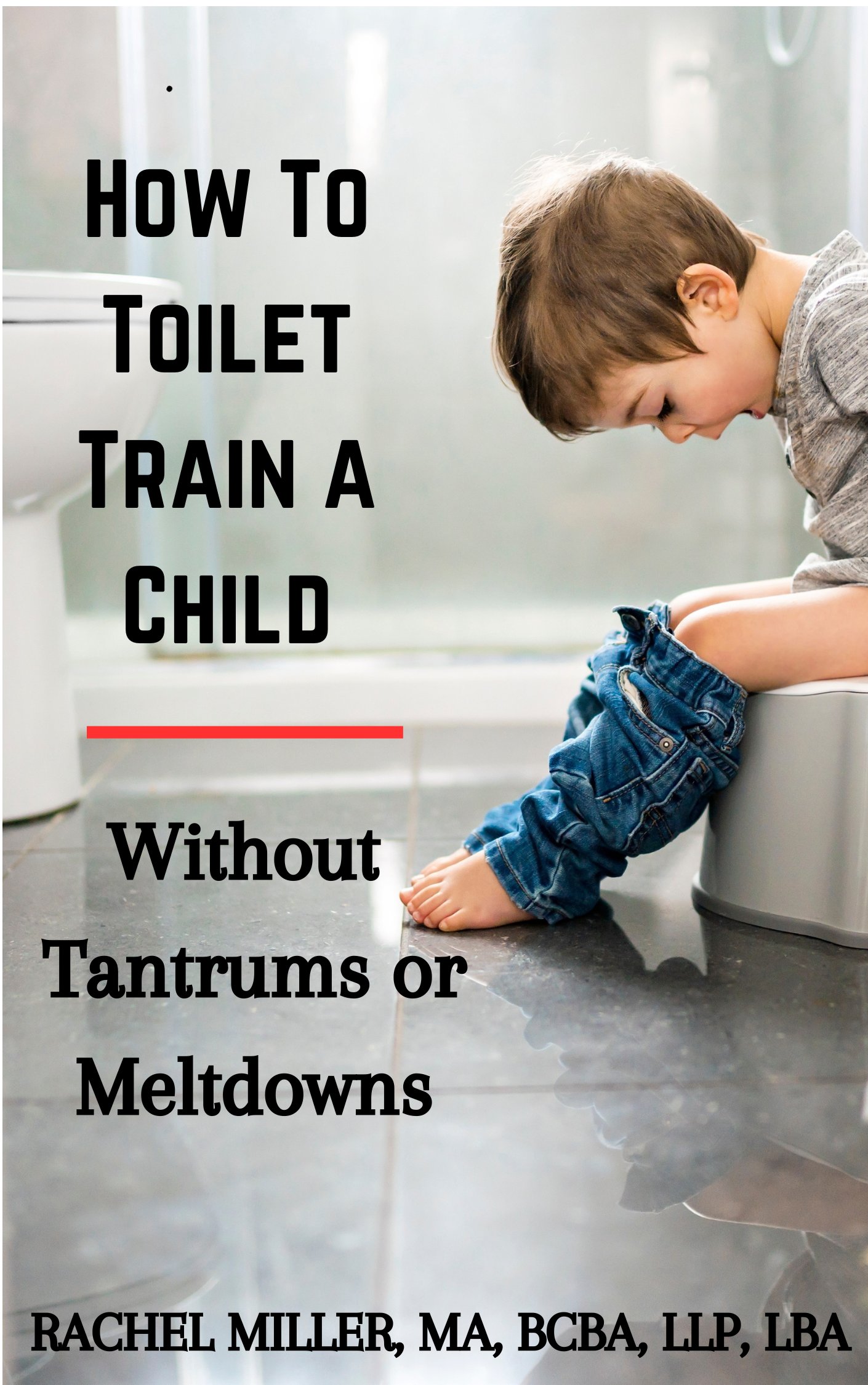A Comprehensive Guide to Autism and Vaccinations:
What Every Parent Should Know
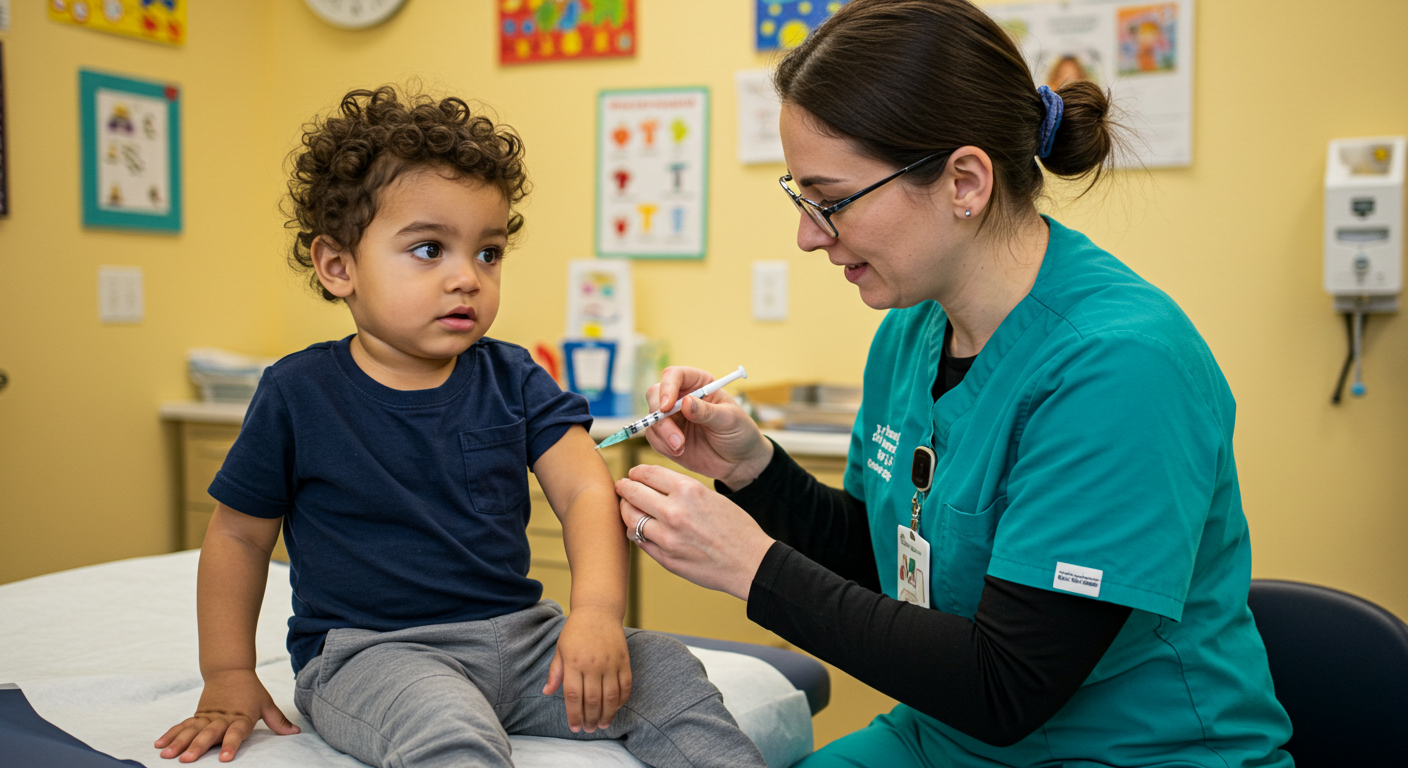
The connection between autism and vaccinations—particularly the MMR (Measles, Mumps, and Rubella) vaccine—has been one of the most widely debated topics in parenting and public health circles over the past few decades. Although scientific studies have repeatedly stated that there is no causal link between vaccines and autism, many parents continue to question the safety of childhood immunizations.
If you’re a parent concerned about vaccine safety and its possible relationship to neurological development, including autism spectrum disorder (ASD), this guide is designed to help you make an informed, balanced decision. We’ll explore the history, theories, scientific research, controversial findings, and practical advice related to autism and vaccinations.
Understanding the Autism-Vaccines Controversy
The theory that vaccines cause autism gained public attention in the late 1990s following a controversial study by British doctor Andrew Wakefield. He claimed to have found a connection between the MMR vaccine and the onset of autism in children. His findings sparked worldwide fear and led to a significant drop in vaccination rates in several countries.
However, subsequent investigations revealed serious flaws in Wakefield’s research. His paper was retracted, and he lost his medical license due to ethical violations and undisclosed conflicts of interest. Despite this, his claims continue to fuel skepticism among certain communities, particularly among parents who say they observed changes in their child's behavior shortly after receiving vaccinations.
What Does the Science Say?
According to the Centers for Disease Control and Prevention (CDC), vaccines do not cause autism. Multiple large-scale studies have confirmed no link between the MMR vaccine or any other vaccine and the development of autism spectrum disorder. These studies have examined various aspects, including vaccine ingredients like thimerosal (a mercury-containing preservative), the vaccination schedule, and the total number of vaccines given.
Nonetheless, concerns persist that vaccines are causing autism—often fueled by anecdotal evidence and conflicting media reports. Some studies do note that individuals with specific immune system vulnerabilities may experience adverse events after vaccination, though these are extremely rare and not directly linked to autism.
Are there certain immunizations that are worse than others? Based on information provided by the CDC website, there can be worse adverse events associated with certain ones. There are also some vaccines which contain more additional ingredients that may be questionable in terms of their relative safety.
The Sound Choice Pharmaceutical Institute also provides what appear to be some alarming apparent associations between autism and vaccinations that contain aborted fetal tissue.
Why Do Parents Still Remain Skeptical about Autism and Vaccines?
Despite the scientific consensus, many parents remain cautious. Here are a few reasons why:
- Personal experiences: Some parents report developmental changes in their children shortly after vaccination. Some parents report other neurological reactions in their children after vaccination as well, such as seizures and Bell's palsy.
- Information online: The internet is filled with conflicting articles, videos, and forums, making it difficult to separate fact from fiction.
- Medical complexity: Autism is a complex neurological condition with no single known cause, leaving room for fear-based theories to flourish. Also, everyone's body is different meaning that one's genetic make up may or may not put them at an increased risk for reacting to vaccines which makes it difficult to show consistency in correlated causes.
For many families, the perceived timing of autism symptoms emerging after routine immunizations raises questions, even when scientific evidence available to the public says otherwise.
Which Vaccines Raise the Most Concern?
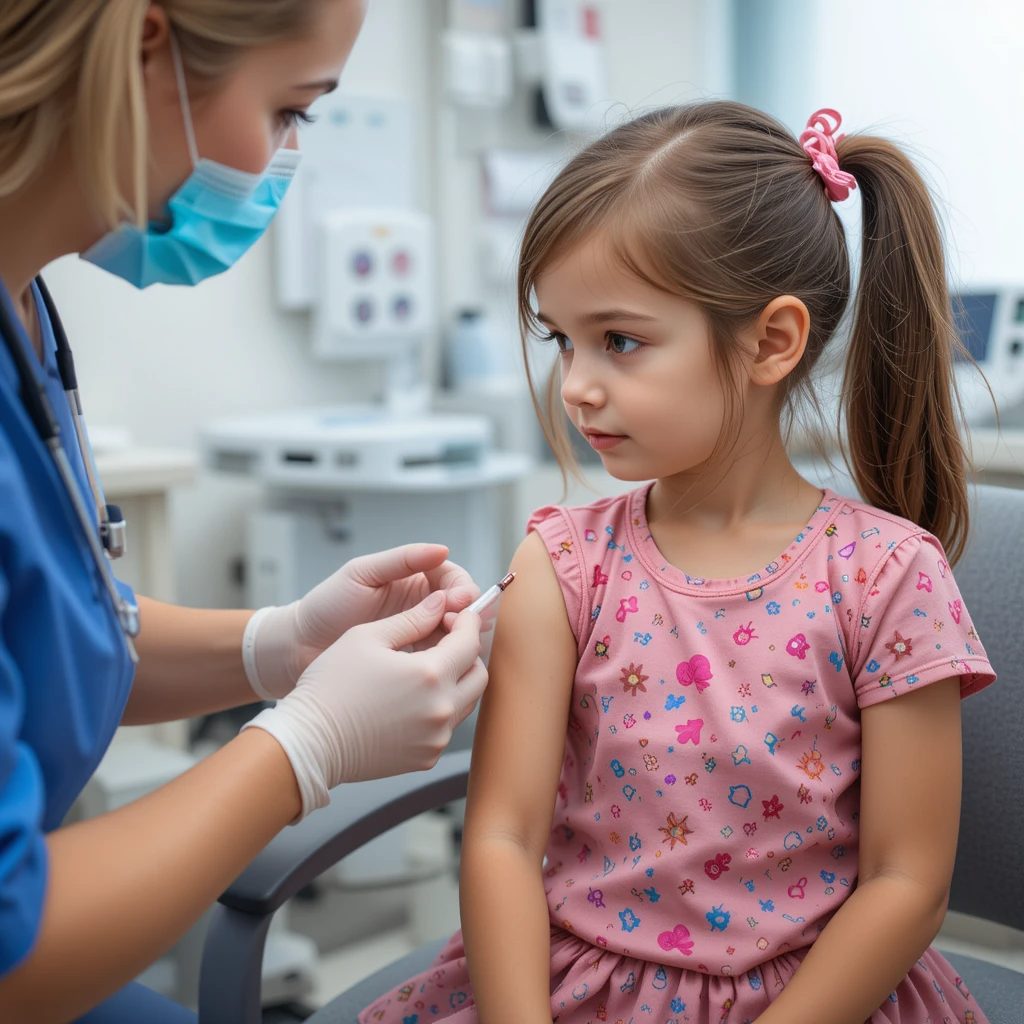
While skepticism surrounds various childhood vaccines, the MMR vaccine remains the most frequently questioned due to its historical association with autism concerns.
Other vaccines that parents sometimes worry about include:
- Hepatitis B (administered at birth)
- DTaP (Diphtheria, Tetanus, and Pertussis)
- Influenza vaccine (flu shot)
Concerns often center around:
- The number of vaccines administered at once
- Additives and preservatives such as aluminum and formaldehyde
- Human cell lines (fetal tissue) used in the development of some vaccines
Continuing the debate, there are some things a parent can do to help decrease the chances of adverse effects, such as giving your child certain vitamin supplements immediately prior to each set of vaccines.
I always recommend to gather resources that help you learn the ingredients and possible adverse effects associated with vaccinations and ways to help avoid those events for parents that do choose to vaccinate.
Can Vaccine Ingredients Affect Neurodevelopment?
Vaccine ingredients undergo rigorous safety testing. However, some parents and researchers are concerned about components such as:
- Thimerosal: Though largely removed from most childhood vaccines, this mercury-based preservative is still referenced in discussions about neurotoxicity.
- Aluminum: Used as an adjuvant to boost immune response, it has been scrutinized for potential links to neurological issues.
- Formaldehyde: Present in trace amounts, it’s often cited as a concern, although it's naturally produced by the human body in higher amounts.
While no publicized studies definitively link these ingredients to autism, some parents choose to space out vaccines or opt for alternative schedules to reduce the perceived risk.
Practical Tips for Concerned Parents
Whether you choose to vaccinate on the standard schedule, follow a modified schedule, or delay certain immunizations, here are a few steps to help you make informed decisions:
- Talk to a trusted pediatrician who respects your concerns and is willing to answer your questions.
- Research vaccine ingredients and ask about potential alternatives or preservative-free options.
- Consider vitamin and nutritional support before and after vaccinations—some parents report benefits from providing immune-boosting supplements.
- Track your child’s development before and after immunizations to monitor any changes.
An Interesting Population Comparison
One area of speculative interest is a particular community known for not vaccinating, which reportedly has a lower prevalence of autism. While correlation does not equal causation, some researchers have looked at groups like the Amish, whose autism rates appear lower than the general population. Factors may include genetics, diet, lack of exposure to environmental toxins, and yes—limited vaccination. However, more research is needed to draw meaningful conclusions.
Final Thoughts on Autism and Vaccinations
Ultimately, the decision about whether or not to vaccinate your child is deeply personal. Parents should aim to make choices based on trustworthy data, open dialogue with healthcare providers, and consideration of their child’s unique health needs.
The link between autism and vaccinations may continue to be debated in some circles, but staying informed is your most powerful tool. Explore resources, ask questions, and remember that your child’s wellbeing is worth every ounce of careful research. If you are concerned about vaccines for your child, I highly recommend doing the research yourself and not taking anyone's word for it, to make the most informed decision. The books below helped me with my own personal decision for my children...
#Affiliateprograms
If you haven't already, be sure to check out my ebooks, now on Amazon!
